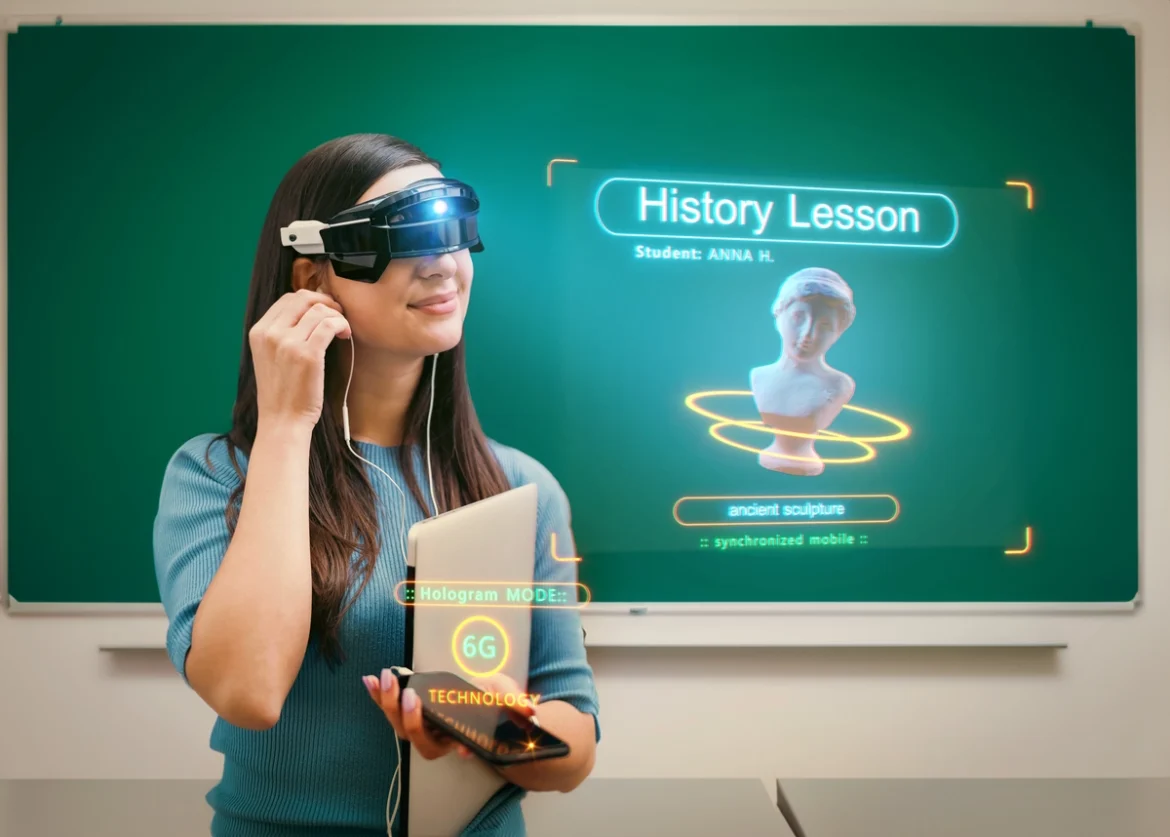In the realm of Indian education, the allure of quick fixes and technological solutions often overshadows the deeper issues plaguing the system. The frenzy for freebies during elections highlights the immediate needs of the poor, but it also underscores a lack of focus on essential entitlements such as income security, quality education, and healthcare. This blog delves into the challenges faced by the education sector and the misplaced reliance on technology to solve deep-rooted problems.
The Learning Trap
Pradip Saha’s book, “The Learning Trap,” serves as a cautionary tale against the overreliance on technology in education. Edutech start-ups like Byju’s, while claiming to prioritize understanding over exam-centric learning, fell victim to the greed for rapid expansion. The book emphasizes that technology alone cannot guarantee positive educational outcomes; effective teaching remains paramount.
The Limitations of Technology
The belief in technological fundamentalism, driven by market forces, has led to hasty curriculum revisions without expert consultation. The learning process involves more than just information delivery; it requires nurturing a thirst for knowledge, instilling values, and providing guidance, especially for younger students who lack self-learning capacities. China’s prudent move to ban edutech for younger grades serves as a counterpoint to India’s uncritical adoption.
Tuition Industry Proliferation
The surge in the tuition industry, valued at over Rs 58 billion, is indicative of a broader issue in the education landscape. The parallel education system, fueled by a government policy that elevates national exams, has led to a preference for tuition centers over regular schools. This shift not only burdens parents financially but also raises concerns about the quality of education provided.
Concerns and Consequences
The escalating popularity of tuition centers over traditional schools is a red flag for education authorities. Stress-induced suicides and mental health issues among students are on the rise, emphasizing the need for a comprehensive evaluation of the education system. With quality varying across different types of schools, a holistic approach is essential to bridge the growing divide between the well-educated and the less educated.
Towards Inclusive Solutions
The blog advocates for a societal approach to education, involving diverse stakeholders like senior citizens, civil society, and volunteers. Conditional cash doles for women tied to children’s school performance, increased teacher accountability, and reduced governmentalism are proposed measures. It stresses the urgency of making education a societal concern rather than the sole responsibility of the government.
Budgetary Constraints and Political Will
While solutions exist, their effective implementation hinges on increased budgetary allocations and political commitment. India’s current education spending, a meager 2.61% of GDP, falls far below the recommended 6% by international standards. The blog questions whether the political leadership possesses the necessary commitment and if the public demands a visionary approach to education.
To summarize
The education conundrum requires a nuanced understanding that goes beyond superficial fixes. By prioritizing education as a societal responsibility, addressing budgetary constraints, and fostering political will, India can hope to bridge the educational divide, nurture a skilled workforce, and truly aspire to global leadership. Until then, the narrative of “all is well” remains a mere perception.


